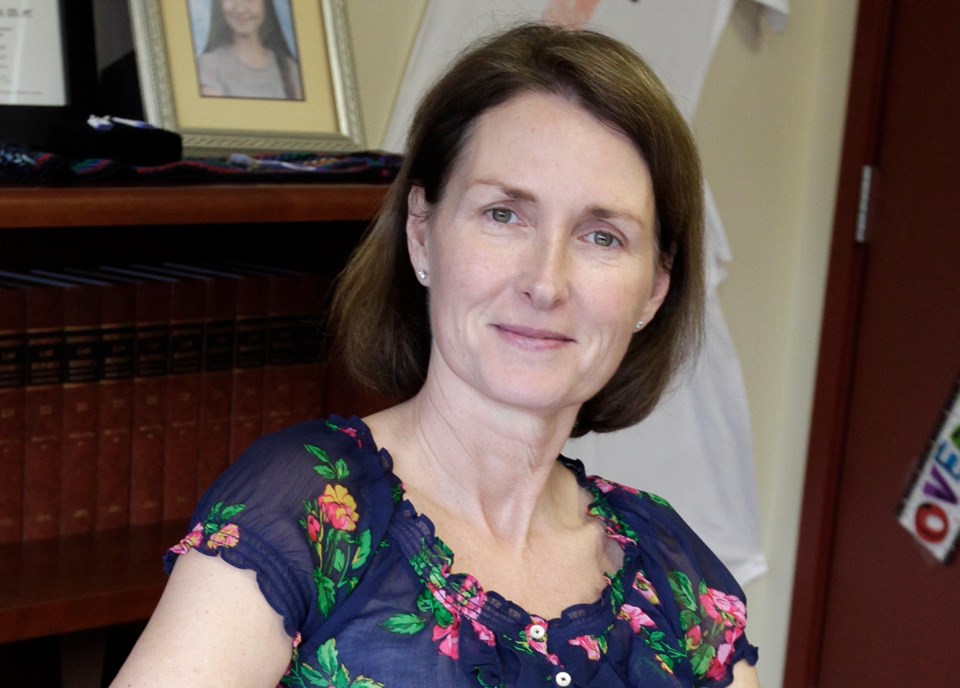More than 1,000 foster children are waiting to find permanent homes in B.C. because the government has failed to make adoption a priority, a new report says.
Mary Ellen Turpel-Lafond, B.C.’s representative for children and youth, said the number of adoptions actually dropped in the past five years. In 2012-13, 205 of more than 1,300 eligible children were adopted, compared with 323 adoptions in 2007-08, the report said.
“That simply is too many children without a forever family, and we can do much better,” Turpel-Lafond said Thursday as she released her report, Finding Forever Families.
The number of newly approved adoptive homes also dropped from 336 in 2007-08 to 213 in 2012-13, the report found.
Minister of Children and Family Development Stephanie Cadieux vowed that her office would do better and work with Turpel-Lafond to increase adoption rates across the province.
“We know that young people who have a foundation in a permanent home do better in life,” Cadieux said. “They’re more likely to graduate, to go to post-secondary [school] and to find successful careers. They’re less likely to become involved with the social welfare and criminal justice systems.”
Turpel-Lafond wants the ministry to manage adoptions through a central office and to launch a high-profile campaign to raise awareness.
“Our message today to British Columbians is: If you are able to provide a ‘forever family’ to one of these children and youth, please apply,” Turpel-Lafond said in a statement.
She also recommended the ministry establish external oversight and public reporting of adoption planning, and take specific steps to improve adoption rates for aboriginal children, who are overrepresented in the child welfare system.
The report found that although aboriginal children accounted for 63 per cent of children in continuing care in 2012-13, they represented less than 35 per cent of the children adopted that year.
It also found that many children wait years to get adopted, while some of them age out of the child welfare system without ever establishing ties to family or other significant adults. “Too often, children are living in foster care for extended periods of time,” the report states.
A recent government review concluded that the average length of time a child spends in foster care increased to almost eight years in 2011-12 from 51⁄2 years in 2001-02.
Cadieux said her office is already taking action, having announced in April that it will spend $2 million this year to speed the adoption process and boost the number of adoptions to 300 by March 31, 2015.
But she confirmed that the ministry will tackle the problem without adding any new employees. The report says workers blame staffing cuts for the fact that fewer adoptive homes are getting approved.
“Certainly, we do have challenges with the number of front-line staff we have working on adoption and guardianship,” Cadieux said. “And we have challenges financially as a ministry, in all of our areas, to meet our goals.”
Janis Fry of the Adoptive Families Association of B.C. welcomed the joint effort by the ministry and Turpel-Lafond’s office. “I think it’s great that adoption’s back on the radar,” she said.
But Fry expressed concern that the government has committed only $2 million in one-time funding. “I’d love to see it being ongoing funding where we can really get some stable programs in place.”
She also took issue with the emphasis on numbers and timelines alone. “I think we also have to focus on the quality of the placements and make sure these children are properly prepared for it and that the families are properly prepared and educated for what they’re going to encounter and that they get the support afterward.”



